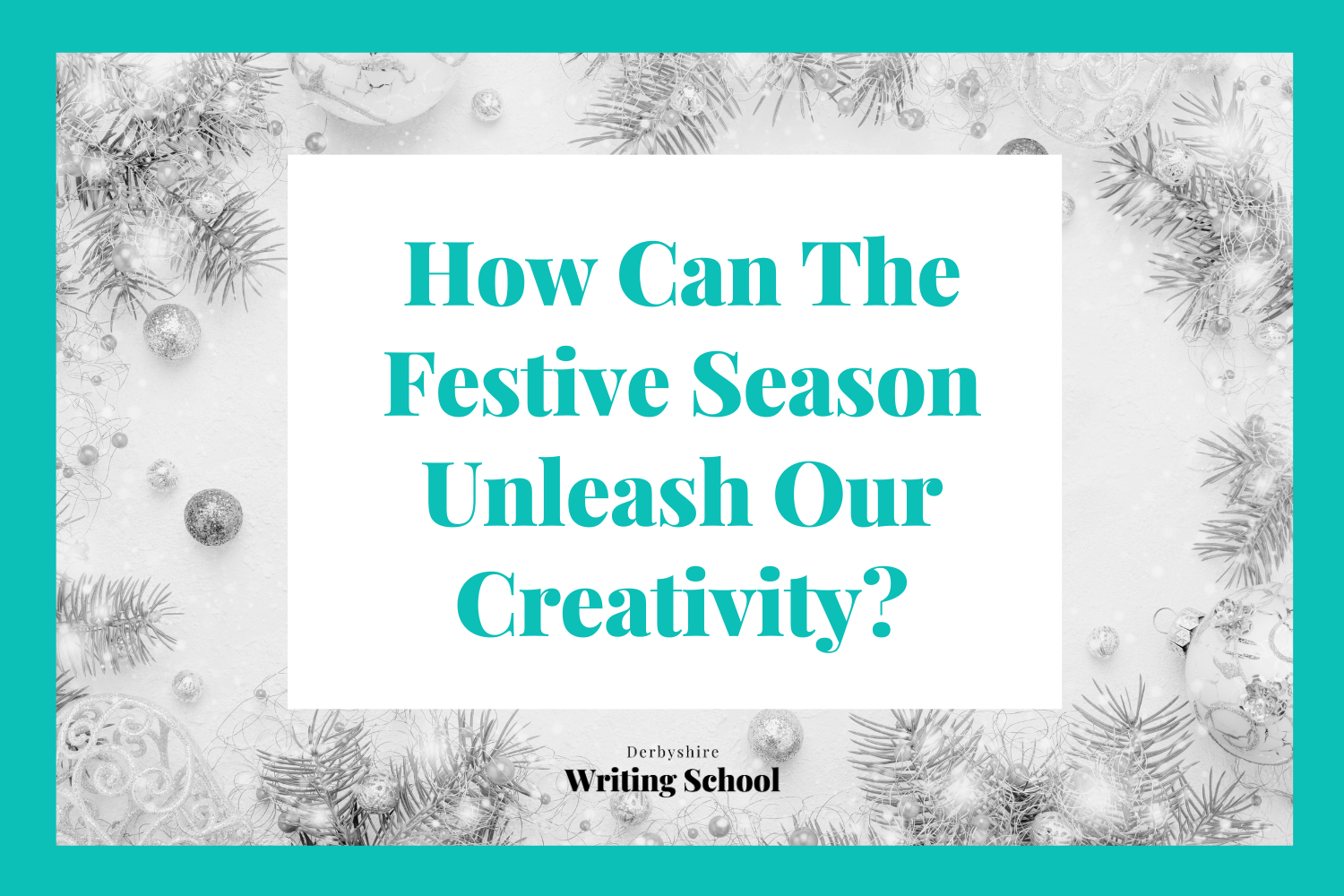Help! What Is Journaling And How Do I Start Now?
Journaling has been around for years, its popularity seems to have increased recently, especially during the pandemic, as we’ve all taken the time to reflect. But what exactly is journaling? And how do you do it?
We’ve created this guide to demystify journaling and help you to dig out your notebook and make a start now.
What is Journaling?
Journaling is the process of getting your thoughts from your head onto paper. This can look very different to different people. From bullet journals, diaries, and planners, to logbooks and morning pages. The way you journal, or the method you choose, isn’t as important as the act of journaling regularly.
One of the best things about journaling is how flexible and personal it is. There are no rules, and you really can make it work for you. The simplistic definition of journaling is the recording of thoughts and feelings, and a journal is the place where these recordings are kept. It’s writing about your life, yourself, and the world around you in a reflective and even therapeutic way.
The Benefits of Journaling
Have you ever found yourself reaching the end of the week, or the month and asking where did that time go? A journal allows you to see it all in black and white. You can read how you spent your days and where your time was spent. You can note the things you love and where you may have struggled. It can be a safe space. It can become a habit and even a ritual.
Research shows there many proven benefits to journaling, not only can it help us develop our writing craft, but journaling can also:
Help us manage stress and anxiety – positively affecting our mental health.
Develop our creativity and build ideas. We can start to see patterns in our work, and we’ll learn what ideas have potential and which topics we keep returning to.
Increase our gratitude. Just writing down three things we’re grateful for each day can influence the impact gratitude has on our happiness.
Help to find joy in difficult times. In a 2006 study, ‘journaling was also found to have a more positive effect for participants who initially had higher levels of psychological distress’, as it was provided to reduce distress or even trauma.
Most importantly, journaling can help you notice your life. Something we talk about a lot here at Derbyshire Writing School. Documenting our journey and writing about our lives is something that offers intrinsic rewards and preserves our memories. Journaling can be a gateway to life writing, memoir writing, and even travel writing. If you think you’d like to become a non-fiction author, journaling can be a fantastic place to start.
Are There Different Types of Journaling?
Journaling can be complicated. With special notebooks, methods, and rules. But it doesn’t have to be this way. Recycled paper and pens can be all you need to get started. However, there are tools you can use to help structure or guide your journaling habit and there are ‘buzz words’ that are often associated with journaling.
Morning Pages. Morning pages are a form of journaling. Julia Cameron made this tool famous in her book called ‘The Artist’s Way’. Cameron’s book is built on the work of Peter Elbow and Dorothea Brande. In her book, Cameron defines morning pages and their purpose:
“In order to retrieve your creativity, you’ll need to find it. I ask you to do this by an apparently pointless process I call the morning pages… Pages are meant to be, simply the act of moving the hand across the page and writing down whatever comes to mind.”
Cameron says every morning, to beat writer’s block, stimulate ideas, and nurture our creative self, we should write by hand three A4 pages, and do this as quickly as possible. We mustn’t stop or daydream or scroll Facebook until it’s done. Just write.
Logbook. A logbook can be used as a form of journaling. This a place to record the events of your day. It’s a cross between a diary and a journal, as it’s often short notes and appointments, and brief outlines of your day. Austin Kleon, the author and illustrator, shares some great advice for keeping a logbook.
Bullet journal. A bullet journal is a planner, diary and journal all in one. It’s a creative space as well as an organisational tool. It can be used as a journal, just be careful you don’t spend all your time decorating and creating your journal, instead of writing in it!
Freewriting. Freewriting helps to stretch our creativity and our ability to write without editing as we go. With freewriting, we are trying to beat that voice in our head that tries to tell us we have rubbish ideas. Freewriting is always done with a timer, and you can’t go back and delete things. You need to just write. Freewriting is often associated with journaling, as it’s the act of writing ‘brain dump’ or streams of consciousness, rather than writing a specific story or on a particular topic.
How Do You Start Journaling?
As with all things writing, often the start can be the hardest part. Knowing where to begin when we sit down with a blank page can be frustrating and unproductive. We can ask if we are ‘doing it right’, we can feel silly or embarrassed, and at worst, we can even feel like we’re wasting our time. But journaling is a great space to explore emotions and even ask these questions on the blank page. You can write about why you feel silly, or you can ask yourself why writing feels so hard sometimes. Having space to vent or express our true thoughts and emotions, without fear of judgement, can feel like a weight is lifted.
So, asking questions is a great place to start, especially when you sit down, and your mind quickly drifts to the dreaded question: ‘What on earth do I write about?’.
We’ve listed 10 journaling prompts and questions to help you beat writer’s block and stop fearing the blank page. These prompts could be used in the morning or for evening journaling sessions.
We always recommend setting a timer for your journaling. Try to keep writing until the timer goes off. Even if you just write ‘I don’t know what to write any more’. Writing in this way will allow you to start to beat that internal editor that we can have in our head. It will also prevent you from re-writing, fixing spelling mistakes, or questioning and critiquing what you’ve written.
10 Journaling Prompts to Help You Reflect
1. What has been the best thing that’s happened this week?
2. Make a list of the things that bring you joy.
3. What lessons have you learnt this week? This month? This year?
4. Who are you?
5. List your dreams, hopes and goals.
6. Write a letter to all the places you’ve lived.
7. Write about your perfect day.
8. Think about the people in your life and what they mean to you.
9. When did you last feel disappointed, and how did you overcome it?
10. What is the biggest challenge you’ve overcome?
Journaling Tips for Beginners
Even when we know what journaling is, and we’ve got ideas and prompts to get started, journaling can still feel intimidating. Our top tips for beginners include:
Start with small time commitments, try writing for three minutes per day and slowly increase this amount.
Make journaling as easy as possible. Set yourself up for success by buying a new notebook, or creating a relaxing environment to write in. Think candles, music, low lighting – and enjoy the experience.
Remember you don’t have to show anyone your writing. Throw away your words, shred them, and even burn them, if you’re worried, they might be read.
We’d love to hear from you if you’ve just started on your journaling journey, or if you’ve been engaged in this practice for a while, what advice would you share?











